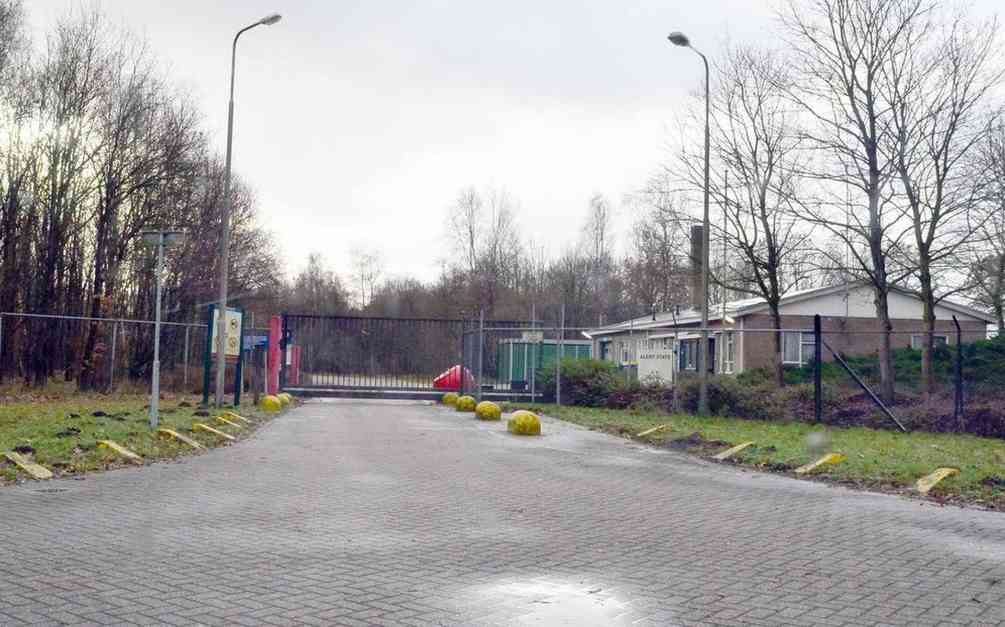The Rabobank’s cooperative structure is in question as local commissioners prepare to vote on a change in the bank’s statutes on June 26. This decision marks the end of a power struggle between Utrecht and the bank’s regional leaders.
Simplifying the organization is seen as beneficial for customers, according to Rabobank’s CEO, Stefaan Decraene. The potential statutenwijziging has sparked debate and uncertainty among stakeholders.
The cooperative Rabobank has a long history of serving local communities and promoting a customer-centric approach. However, in recent years, the bank has faced challenges in adapting to changing market dynamics and regulatory requirements.
The proposed changes aim to streamline the bank’s operations, improve efficiency, and enhance customer service. By simplifying its structure, Rabobank hopes to remain competitive in the ever-evolving financial industry.
While some see the move as necessary for the bank’s survival and growth, others raise concerns about the potential impact on local decision-making and community involvement. The decision will ultimately shape the future direction of the Rabobank and its commitment to serving its members.
As the vote approaches, both supporters and critics are making their voices heard, highlighting the importance of transparency and accountability in the decision-making process. It is a pivotal moment for the cooperative bank, as it navigates through internal challenges and external pressures.
Regardless of the outcome, one thing is clear: the Rabobank’s commitment to its customers and communities remains at the forefront of its mission. As the financial landscape continues to evolve, the bank must find a balance between tradition and innovation to stay relevant and resilient in the face of change.





















